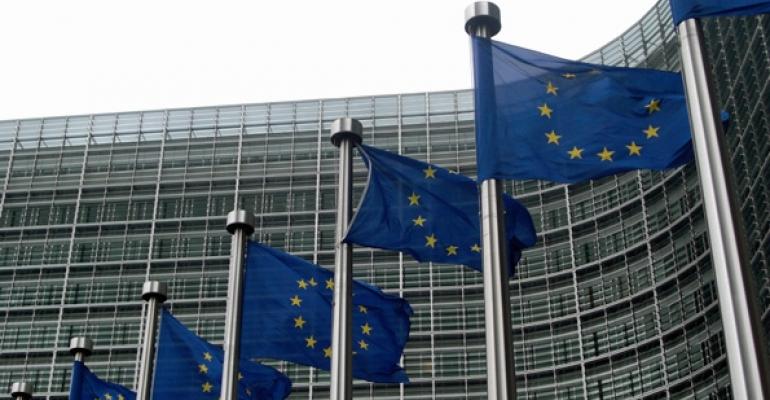According to a report in The New York Times, Google and regulators from the European Commission (EC) have reached a settlement after a two-year investigation into the online advertising giant’s search engine. Under terms of the settlement, Google will allegedly change the display of search results to call out its own properties clearly.
According to the report, Google has agreed to make the following changes to its search engine in order to avoid sweeping antitrust charges and a massive fine:
Differentiate its own services. Google will “clearly label” search results that come from its own products and services, including Google News and Google+ Local. The biggest ramification here is for so-called vertical searches for topics such as travel and shopping, where rivals have accused the firm of artificially promoting its own services over market leaders like Yelp and TripAdvisor, a move that harms competitors and consumers alike.
Point to rivals. Google will “in some cases” show links from rival search engines, whatever that means.
Search algorithm unchanged. Google will not change the underlying algorithm that determines the display of search results, though many believe that Google’s placement of Google products and services in results lists is artificial anyway, and not based on an organic algorithm.
The changes stand in sharp contrast to the results of a similar probe by US antitrust officials. The Federal Trade Commission (FTC) in January declined to formally charge Google after the firm made only minor changes to search advertising.
Google’s changes, if approved after a market test, will begin appearing in search results in about a month—but only in Europe, according to the report. The agreement will be legally binding for five years, and an unnamed third party will be responsible for monitoring Google’s compliance. Google can be fined billions of dollars in fees if it is found to have violated the terms of the agreement. (And just ask Microsoft whether the European Union—EU—is serious about compliance.)
If this is true, settling was the right move for Google, given the years of antitrust battles that Microsoft faced in the EU, not to mention billions in fines. But it is unlikely that this settlement will please the Google competitors that raised these issues with regulators in the first place. David Wood, a lawyer for an European industry group that includes Microsoft, described search results labelling as a “non-starter.” And shopping comparison site Foundem has separately sued the firm in the United Kingdom, charging Google with “anti-competitive conduct.”
Google, of course, faces other antitrust suits in the EU and elsewhere. For example, earlier this month, FairSearch—another industry group that includes Microsoft—complained that Google’s Android mobile OS violated EU antitrust laws. The group called Android a “Trojan Horse” aimed at extending Google’s search monopoly to the mobile market.





